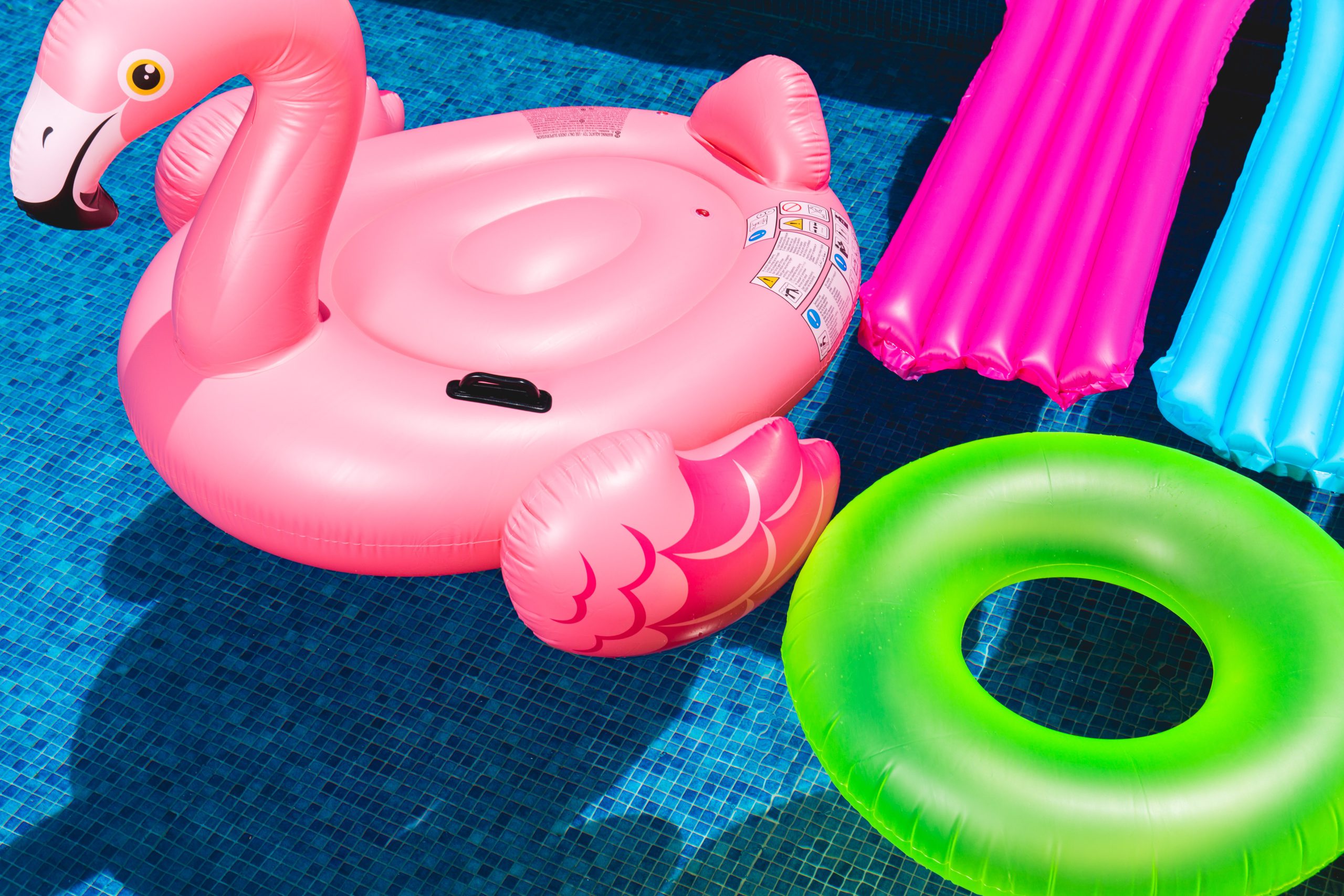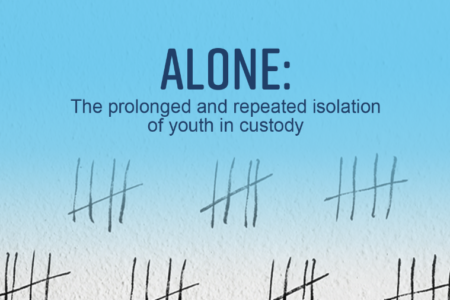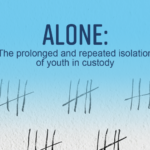Editorial: Where does our plastic stuff go from here?
We’ve heard a lot recently about the appalling amount of plastic waste being dumped into the world’s oceans and other waterways, and how plastic particles (both micro and macro) are killing off many animals that live and feed in and around the oceans.
Are we in the Kootenays contributing to that, I wondered? I phoned up the Solid Waste Management department at the Regional District of Kootenay Boundary. Our plastic recycling, I was told, goes to Merlin Plastics in the lower mainland. Does Merlin Plastics use it all, or do they ship any types of plastic … elsewhere? My phone call to the company has gone unanswered so far.
According to the Recycle BC website, “Plastic containers collected in the [sic] remain in BC, with a local end-market in Metro Vancouver that processes this material into pellets that can be manufactured into new packaging and other products.” (I suspect the word “province” was intended to be placed where I have indicated the missing word with “[sic]” above.)
Many plastics are not recycled, in BC and elsewhere. I was stunned to read that in the US, only about 9% of plastic waste was recycled in 2017, and even more stunned to read that Canada recycles less than 11%. I admit it – I wanted Canada to be so much better than the US in its recycling efforts! But we’re not.
Even the stuff we put in our blue bins doesn’t all get recycled; that’s because some people aren’t careful enough to get items clean. Contamination – such as peanut butter left in the plastic jar – means that some plastic will go to the dump.
There are good reasons to be concerned about where our plastics end up. According to various sources, we are now eating, breathing, and drinking plastic micro-particles, everywhere on earth. The health effects are, so far, unknown, but in my opinion are unlikely to be beneficial. They’ve certainly proven to be deadly for many other creatures.
Less oxygen in the air we breathe
A recent study suggests that the leachates from plastic pollution in the oceans decreases the amount of oxygen produced by photosynthetic marine bacteria. Since those bacteria are estimated to produce about 10% of the oxygen in the air we breathe — and another 40% of the oxygen we need is produced by other forms of plankton. Four years ago, an article identified plastics in our oceans as one factor that is killing phytoplankton. Like other oceanic creatures, the phytoplankton eat plastic particles that are the size they associate with their food. And it isn’t good for them.
The Guardian published an article last year titled “The planet is on the edge of a global plastic calamity.”
National Geographic has done an entire series on plastics and their effects on life on earth. This link takes you to a page with access to at least six informative articles to help readers understand the “why” of the plastic pollution crisis, as well as the fact that it exists.
Here at home . . .
Back in our local scene, some residents of the Kootenays have been advocating for a ban on single-use plastics. Last spring, a Nelson resident gathered 2,000 signatures on a petition urging Nelson City Council to enact a ban. In Rossland, City Council is working on a “check-out bag regulation” intended to be enforced starting on January 1, 2020. One Council member, Dirk Lewis, expressed disappointment that the regulation is so timid, addressing only one single-use (or double-use, when they’re later used as garbage bags) plastic item; he’d prefer the City to show greater leadership with a more ambitious regulation aimed at a wider range of single-use plastic items.
At least we don’t, as far as we know, have an epidemic of “plastic pollution deniers.” The problem is so physically obvious that plastic manufacturers could hardly plan and execute the sort of organized campaign of disinformation that oil and coal companies used – and it’s still going strong — to convince the ill-informed that the climate crisis is not a result of human use of fossil fuels.
We all know plastics are here, there, and everywhere — and we’re learning more every year about the damage they do. Let’s all try to avoid using them as much as possible.

























